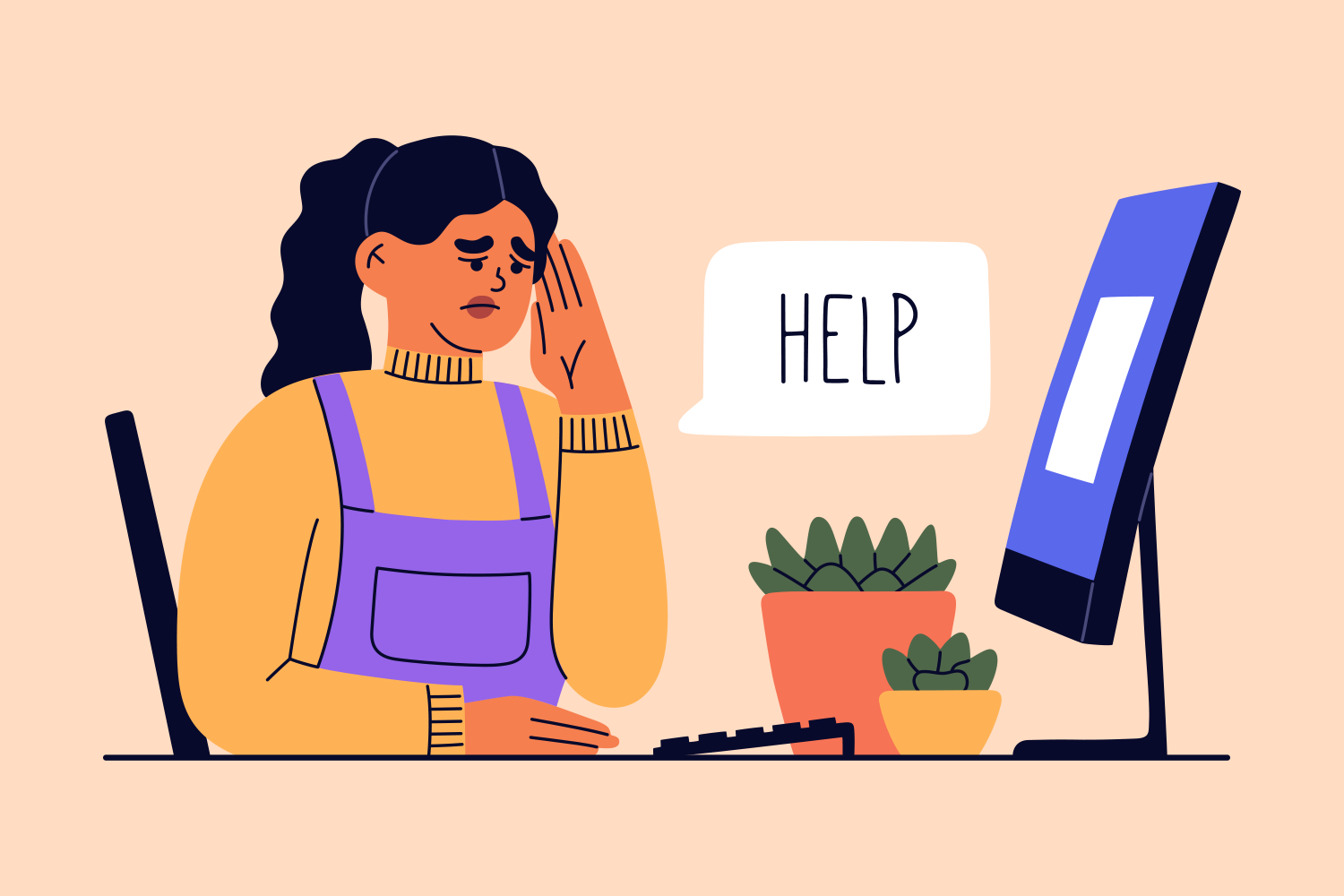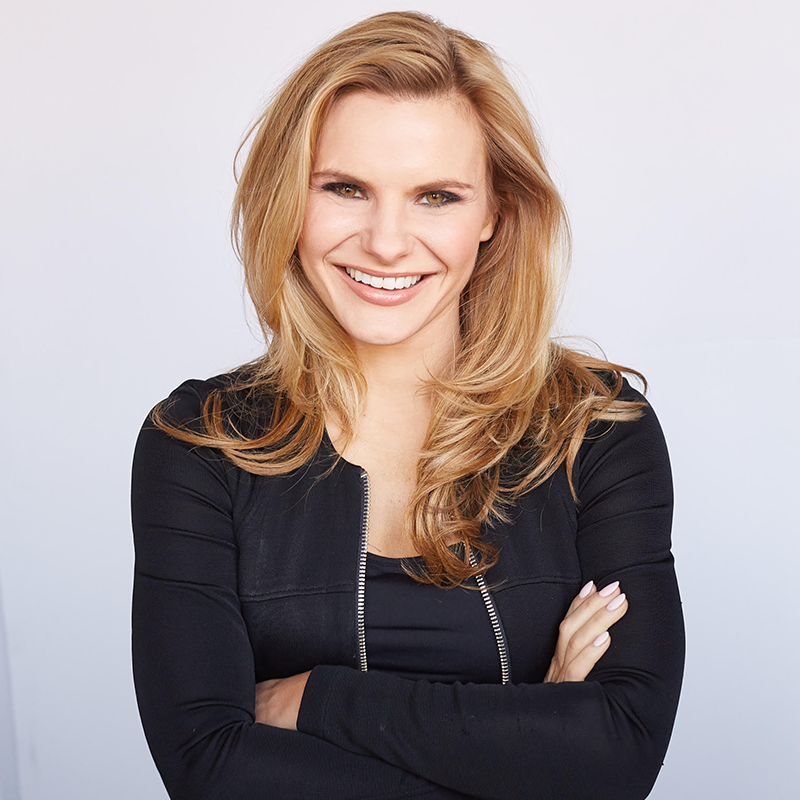Anne T. Donahue: Gen Z Inspired My Mid-Career Pivot

When I dropped out of university in 2009 to begin writing full-time, it was a giant leap of faith. I justified it because I was jumping straight into a career as a freelance writer, while many of my peers with degrees were struggling to find work in the wake of the Recession. The risk paid off: Over the next decade, I established myself in a notoriously cutthroat industry. I was writing for national and international outlets, had published my first book and was working on adapting that book into a TV show.
But all around me, even before the devastating effects of the pandemic, my peers in the arts were pivoting into “safer” industries. I felt sure that could never be me. As far as I was concerned, I’d earned my place in a field that was becoming increasingly unstable, and I wasn’t about to give up everything I’d worked so hard for.
Then, of course, came the pandemic. And, for me, a forced year-long break from work after a series of family deaths meant I had to put the TV adaptation on permanent pause and ask for an extension on my second book. In the background of all this, the media landscape began collapsing and writers I love were laid off amidst corporate takeovers and downsizing. When I got back to work after my leave, writing no longer held the promise of a regular paycheque. And yet I convinced myself that I could still somehow hack it. Change was scary—I’d already been through enough—and at 37, I felt like it was far too late to start over again.
Related: Feeling Stressed? Here’s How to Take a Mental Health Leave From Work
While personal reasons for career pivoting vary, younger generations share a refusal to stagnate. Burn out, the brutality of the gig economy and an increasing prioritization of mental health has led to record numbers of workers moving on to new jobs in new fields, with 52 per cent expected to leave their current employer within the year. From the safety of the internet, I watched as people I admired found work outside the media, and I wondered what it was like to reclaim control professionally. I tried to ignore my gut, which told me it was time to move on, but alas, I could not ignore Gen Z.
Unlike their 30-something predecessors, Gen Z workers are quick to set boundaries or leave jobs for ones that better reflect their own values—revelatory practices for anyone who once subscribed to hustle culture and used “girlboss” as a self-descriptor. While Millennials like myself have also long engaged in career shuffling, the 20-somethings whose introduction to full-time jobs was defined by the pandemic (i.e. working remotely) now emphasize working on their own terms, aspiring to be their own bosses amidst the last few years of economic turbulence. (Recent evidence that multi-billionaires don’t tend to prioritize the well-being of their employees also plays a role.) Arguably, they’ve rejected the 30-year-plan because they know there are no professional guarantees. They’ve adapted by putting their wants and needs first.
By last summer, I knew I wanted to go back to university and finish my B.A. in history and women’s studies. I missed learning and wanted to engage with my classes in a way I wasn’t ready to back in my early 20s when I spent the majority of them romanticizing my future career. But my lack of end-goal was terrifying: I didn’t have a plan, I had no idea where school would lead me and as an elder Millennial with grown-up bills to pay, and shelling out for tuition seemed reckless and stupid.
“I tried to ignore my gut, which told me it was time to move on, but alas, I could not ignore Gen Z”
But the landscape has shifted since my first go at my degree. My generation was peddled the myth that one’s livelihood could be guaranteed by playing it safe. We know better now; nothing is safe. Which is why half of Canadians are expected to leave their jobs for ones with better pay—or for ones that value workers as actual people. Amidst so much uncertainty, employees should at least be certain that even if their position changes, they won’t be run into the ground.
So I took the risk: In September I went back to school part-time and accepted that I didn’t have an answer to the question of what I planned to do with my degree. I continue to write and work, approaching both in the same way I’ve started to approach my life in a broader sense: with the knowing that nothing is permanent, and I can’t predict the future. What I can do is take inspiration from the younger generation and make my career and employment status work for me in the present.
Related: Young Employees Are Struggling to Adapt to the Office
While it’s been an adjustment to make space for papers, lectures and exams, it’s been an even bigger one to learn that pivoting does not mean you’ve failed. To try something new and to take on different challenges doesn’t mean you’re not smart or good enough to cut it in a particular field. It might just mean that you’ve outgrown a position or a workplace or an industry.
As of this writing, I still have no idea where school will lead me. But unlike the story I told myself years ago, I’ve also come to accept that I have no idea where my writing career will lead me, either. I want to lean into the perpetual state of flux and forsake the belief that certain paths deliver certainty. There are no guarantees.









